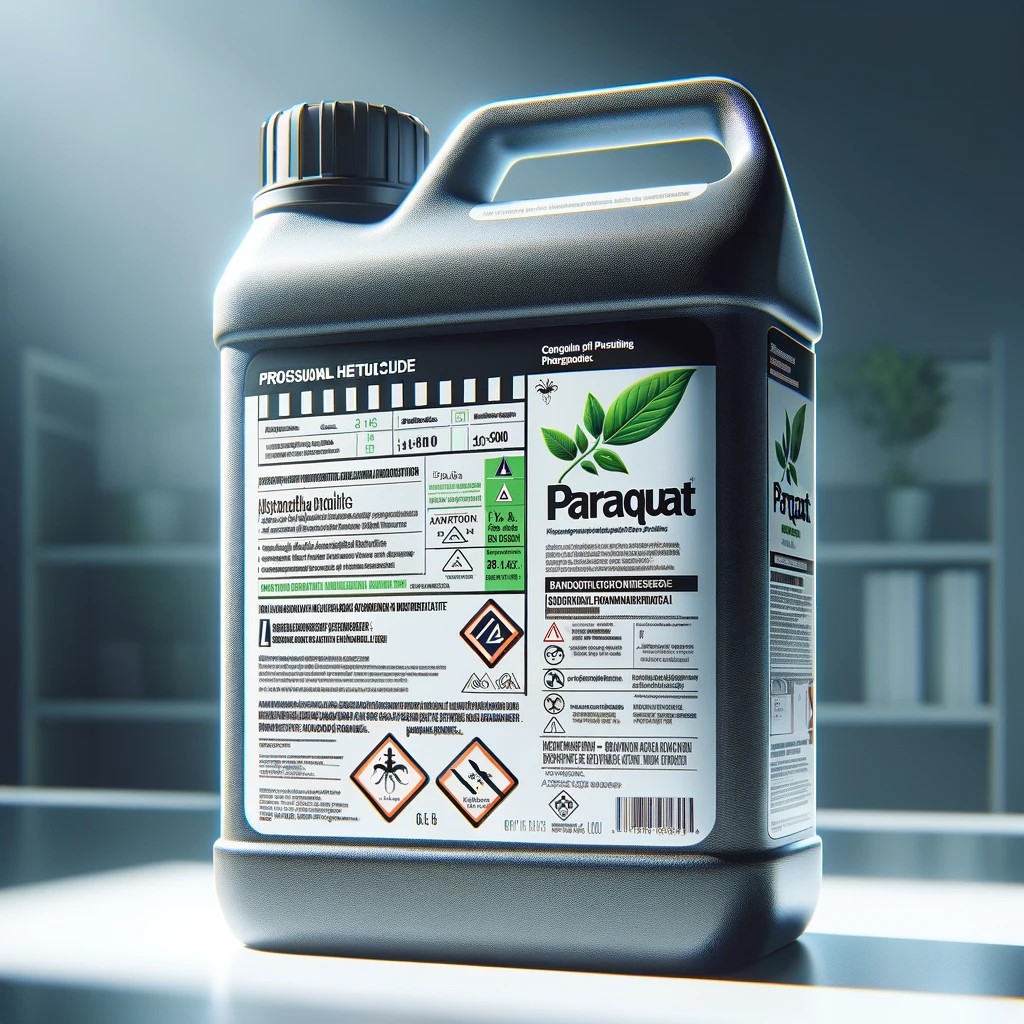Lawsuits have been filed against Syngenta, Chevron, and other defendants by individuals who developed Parkinson’s disease after exposure to paraquat. These lawsuits aim to secure compensation for lifelong treatment costs and hold companies accountable for allegedly concealing the toxicity of paraquat.
Reasons for Filing Paraquat Lawsuits Filing a paraquat lawsuit allows individuals to seek compensation for injuries related to Parkinson’s disease, as there is currently no cure for the condition. It also serves to hold companies responsible for their actions, as plaintiffs claim that manufacturers were aware of paraquat’s toxicity and its link to Parkinson’s but continued to sell the product without warning.
Raising Awareness and Seeking Justice Paraquat has been used in commercial farming and agriculture since the 1960s, exposing more individuals to its potential risks each year. Lawsuits aim to spread awareness about the dangers of paraquat exposure and seek justice for those affected by the debilitating effects of Parkinson’s disease.
Updates on Paraquat Lawsuits As of February 2024, over 5,000 paraquat lawsuits were pending in Illinois federal court. The first bellwether trial, initially scheduled for July 2023, was postponed to 2024 to allow for the consideration of evidence and expert witnesses.
Recent developments in paraquat lawsuits include:
- January 22, 2023: The MDL Court ordered depositions in 25 cases to be completed over the next two months, focusing on unlikely theories of liability.
- November 28, 2023: Internal documents revealed that manufacturers had been aware of concerns about paraquat’s toxicity for decades.
- October 16, 2023: The first jury trial was delayed to 2024.
- October 3, 2023: Final pretrial conference.
- June 26, 2023: Hearing on summary judgment and Daubert motions.
- April 21, 2023: Status conference.
- April 17, 2023: Deadline for summary judgment and Daubert motions.
While the majority of paraquat claims are in the Illinois MDL, a significant number of lawsuits are also proceeding in the Philadelphia Court of Common Pleas. State court trials are scheduled to begin in California on Sept. 5, 2023, and in Florida on Jan. 8, 2024. These legal proceedings are expected to have far-reaching implications for product liability and consumer protection laws.
















